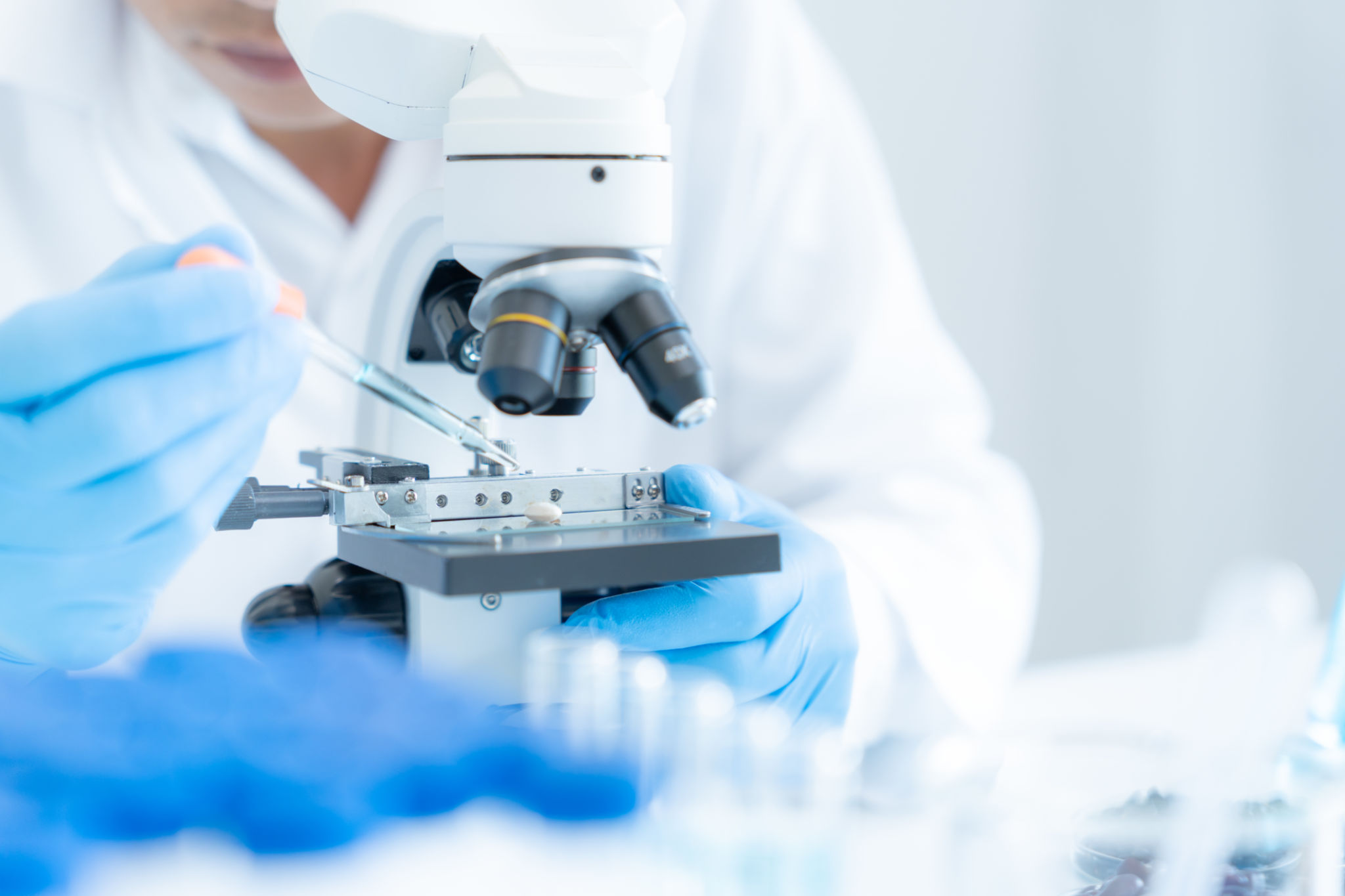How Psilocybin Therapy Works: An In-Depth Guide
Introduction to Psilocybin Therapy
Over recent years, psilocybin therapy has gained significant attention as a promising approach for treating various mental health conditions. Psilocybin, a naturally occurring psychedelic compound found in certain mushrooms, is being studied for its potential therapeutic effects. This guide provides an in-depth look at how psilocybin therapy works, its benefits, and what the process entails.

The Science Behind Psilocybin
Psilocybin works by interacting with serotonin receptors in the brain. Once ingested, it is converted into psilocin, which affects mood, perception, and cognition. This interaction leads to alterations in consciousness, often described as a "trip," where individuals may experience enhanced introspection and emotional release.
Research suggests that these changes in brain activity can help disrupt negative thought patterns, providing relief for conditions such as depression and anxiety. Importantly, psilocybin is not considered addictive, which adds to its appeal as a therapeutic option.
The Therapeutic Process
Psilocybin therapy typically involves several stages:
- Screening and Preparation: A thorough assessment is conducted to ensure suitability for treatment. Patients are educated about the process and potential experiences.
- Guided Session: During the session, patients ingest psilocybin under the supervision of a trained therapist. The environment is controlled to ensure safety and comfort.
- Integration: Post-session meetings help patients process their experiences and integrate insights into their daily lives.

Potential Benefits of Psilocybin Therapy
Psilocybin therapy has shown promise in treating a variety of mental health issues, including:
- Depression: Studies have indicated significant reductions in depressive symptoms after psilocybin sessions.
- Anxiety: Especially in patients with life-threatening illnesses, psilocybin has been found to alleviate existential distress.
- Addiction: Preliminary research suggests potential benefits in helping individuals overcome substance abuse disorders.
Current Challenges and Considerations
Despite the promising results, psilocybin therapy is not without its challenges. Legal restrictions in many regions limit accessibility and research opportunities. Moreover, the psychedelic experience can be intense, requiring skilled professionals to manage potential adverse reactions effectively.
It is essential for individuals considering psilocybin therapy to consult with healthcare providers and seek treatment from reputable sources. Ongoing research and evolving legal frameworks may expand access and understanding of this therapy in the future.

The Future of Psilocybin Therapy
The future of psilocybin therapy looks promising as research continues to uncover its potential benefits. With growing interest from the medical community and changing public perceptions, it is likely that regulations will evolve to accommodate this innovative approach to mental health treatment.
As more studies are conducted, we can expect a deeper understanding of how psilocybin can be integrated into mainstream therapeutic practices. This could lead to broader acceptance and availability, offering new hope for individuals struggling with mental health challenges.
Conclusion
Psilocybin therapy offers a unique approach to mental health treatment by facilitating profound psychological insights and emotional healing. While there are challenges to overcome, the potential benefits make it an exciting area of study. As we continue to explore the possibilities of psilocybin, it may become a valuable tool in addressing some of the most pressing mental health issues of our time.
